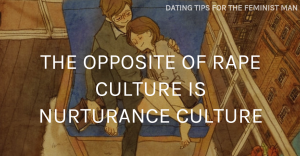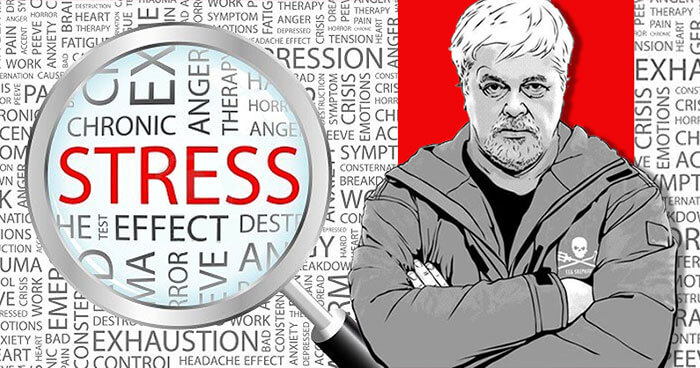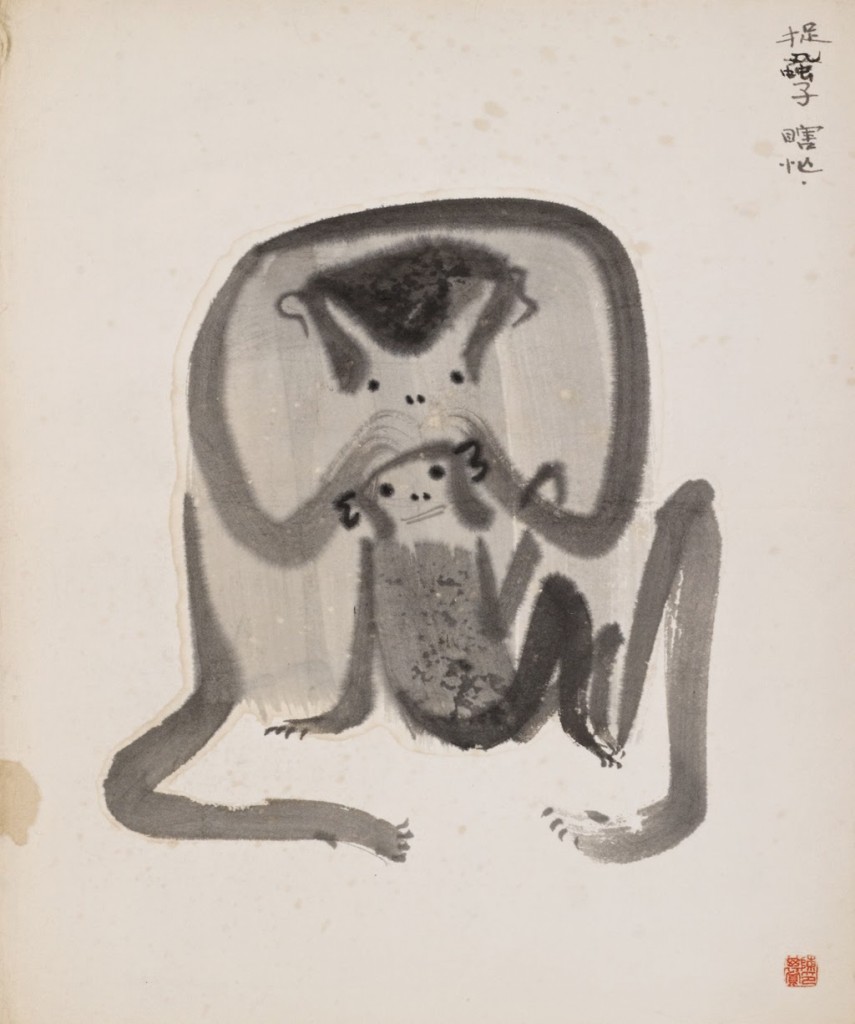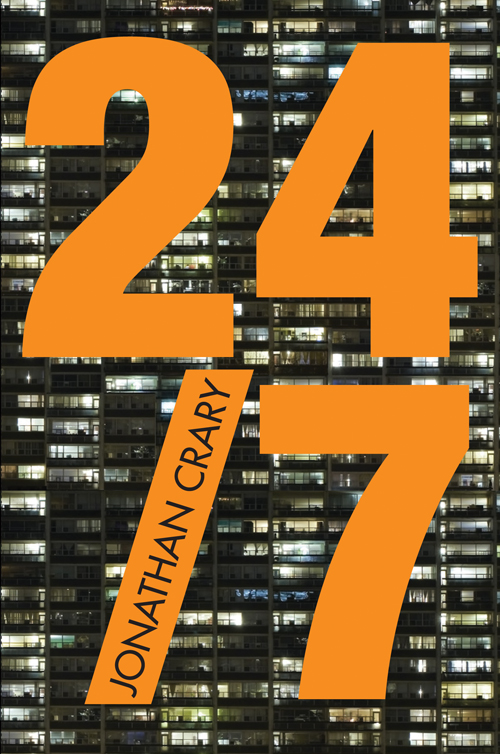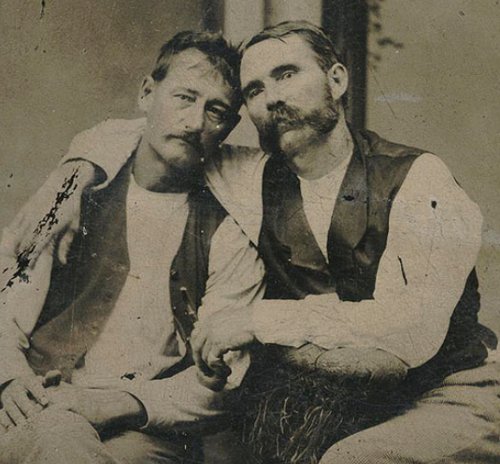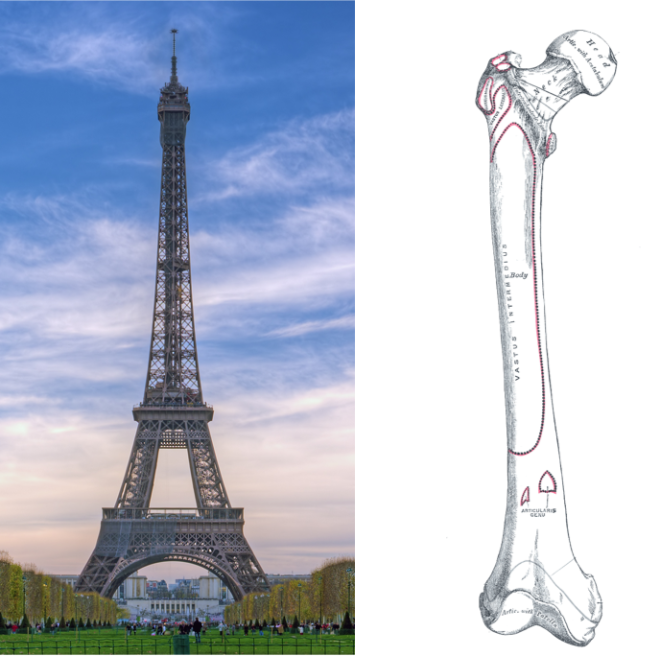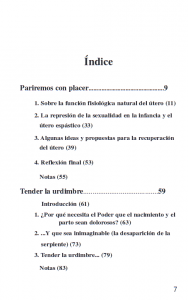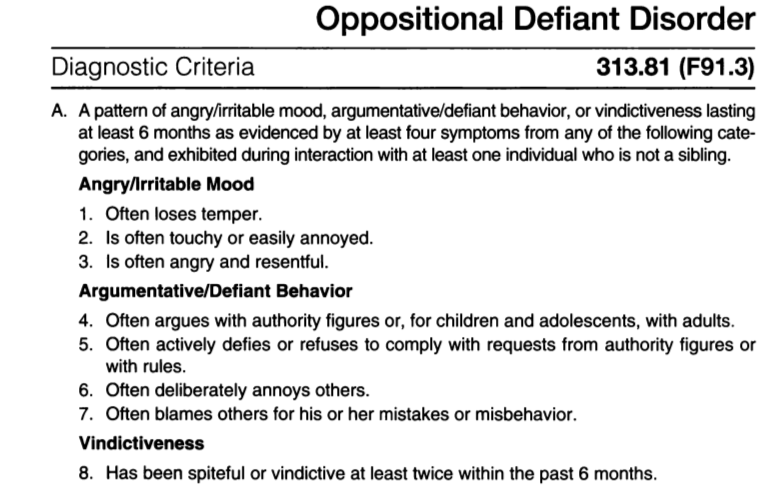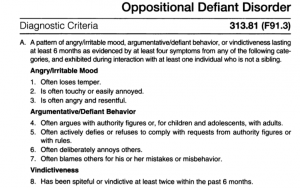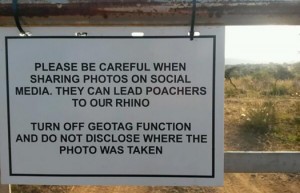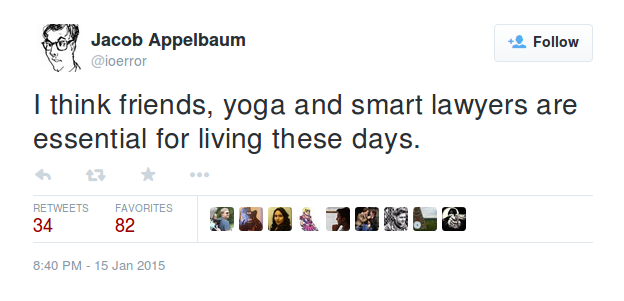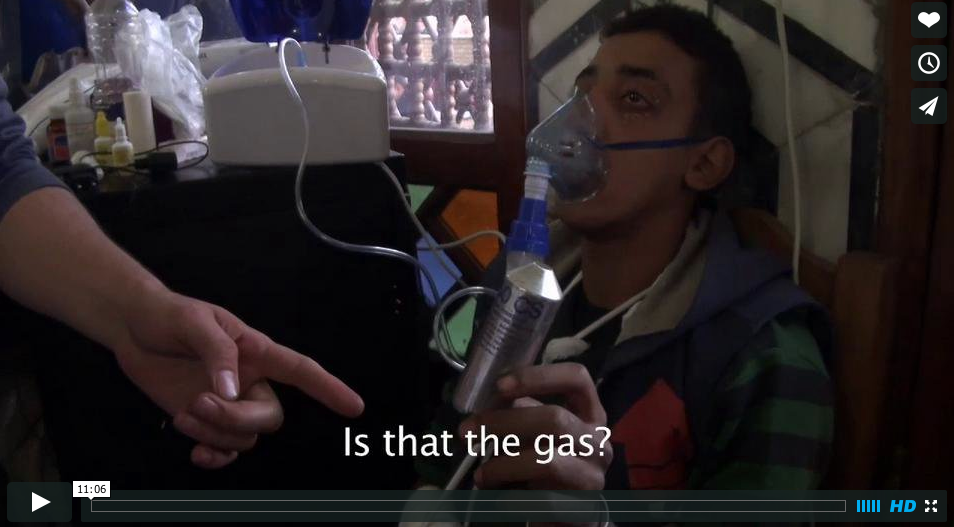Whistleblowers have a human right to a Public Interest Defense, and hacktivists do too, writes Carey Shenkman, first amendment, human rights lawyer, in HuffingtonPost.
“The United States’ war on transparency is making it an outlier in the international community. Just this week, a high-level European human rights body “urged” the United States to allow NSA whistleblower Edward Snowden to return home and be given a meaningful chance to defend himself.
International human rights law has been clear for decades: anyone engaged in exposing gross abuses through whistleblowing and publishing is entitled to protection. Yet, the Obama administration has waged war on transparency, prosecuting more people for disclosing information to the press than Richard Nixon and all other U.S. presidents combined.
Not a single one of those prosecuted has been allowed to argue that their actions served the public good. Chelsea Manning, the alleged WikiLeaks whistleblower, exposed human rights abuses worldwide and opened an unprecedented window into global politics. Her disclosures are to this day cited regularly by the media and courts. Thomas Drake exposed massive NSA waste, while John Kiriakou exposed waterboarding later admitted to be torture in the recent Senate CIA Torture Report. The story of Edward Snowden’s disclosures of widespread NSA surveillance recently won an Oscar.
Whistleblowers cannot argue that their actions had positive effects, known as a “public interest defense.” The United States treats disclosures to the press as acts of spying — no matter what good they lead to. In response, European and international human rights bodies are urging the United States to adopt better protections for whistleblowers.
These protections should apply not only to insiders who blow the whistle, but also to other transparency advocates such as hacktivists. A public interest defense should have been available to Aaron Swartz, the Creative Commons creator and Reddit co-founder who tragically committed suicide following an overzealous government prosecution. His crime? Trying to make academic articles accessible to the public.
The defense could have helped Jeremy Hammond, who in 2013 was convicted for “computer trespass” and sentenced to 10 years for exposing that the private intelligence firm Stratfor spied on human rights activists. The Justice Department tried to cast Hammond as a cybercriminal. But Hammond’s supporters, which include human rights organizations and Pentagon Papers whistleblower Daniel Ellsberg, recognized that he was motivated to expose government and corporate surveillance.
In guaranteeing a fair trial for information disclosures, the United States lags behind other jurisdictions, including Canada, Denmark and Germany. Canada’s Security of Information Act offers a public interest defense, as does the Danish Criminal Code on disclosing state secrets. The defenses are not airtight, but they are better than nothing. For hacktivists, at least one German court has defended a digital sit-in as political speech, acknowledging that ‘hacker’ does not equal ‘cybercriminal.’
International norms support the human right to a public interest defense. The UN Human Rights Committee, interpreting the International Covenant of Civil and Political Rights, the world’s farthest-reaching human rights treaty, noted that governments must take “extreme care” to ensure that laws relating to national security are not invoked “to suppress or withhold from the public information of legitimate public interest.”
Additionally, the Johannesburg Principles, adopted since 1995 by international legal experts, stipulate that “No person may be punished on national security grounds for disclosure of information if . . . the public interest in knowing the information outweighs the harm from disclosure.” This principle was reiterated in 2013 in the Tshwane Principles–agreed upon by UN experts, civil society and practitioners around the world. The Tshwane framework outlined in detail specific categories of disclosures, like corruption and human rights abuses, that should be protected.
Finally, the European Court of Human Rights, Europe’s high human rights court, has provided for whistleblower protection on numerous occasions. For instance, in Guja v. Moldova, the court protected as a matter of free speech a whistleblower’s right to disclose wrongdoing committed by a public prosecutor. In reaching its decision, the court weighed the perceived damage suffered by the public authorities against the public interest of the information revealed.
This week’s statements from the Legal Affairs Committee of the Parliamentary Assembly of the Council of Europe follow a tradition of long-standing norms which consistently support the right to a public interest defense in information disclosures. None of these norms depend on the defendant being a government whistleblower; they can certainly protect hacktivists as well.
The free flow of information is necessary for a democratic society, and this flow cannot be purely in the hands of government. This is why the rights to expression and a free and open press are among the most widely recognized rights on earth. When those exposing wrongdoing cannot even defend themselves in court, this is ultimately a failure of the rule of law. It means that even judges cannot challenge the basis for government secrecy, undermining the basic tenets of democratic society.”

